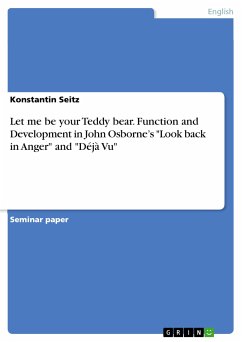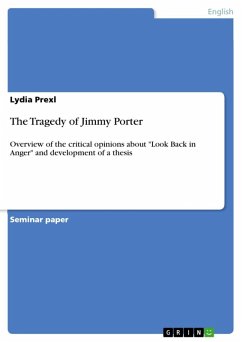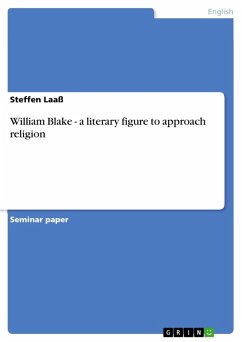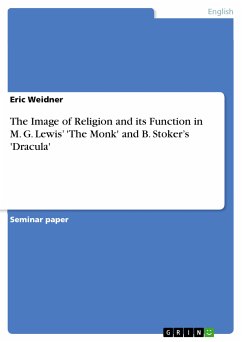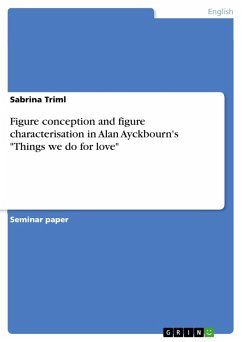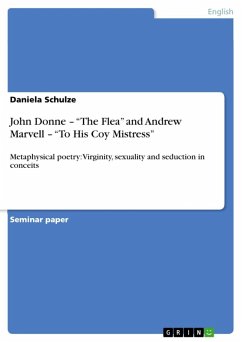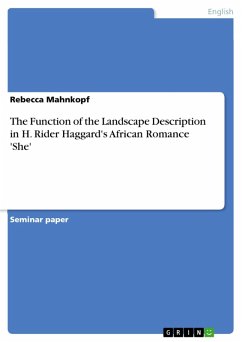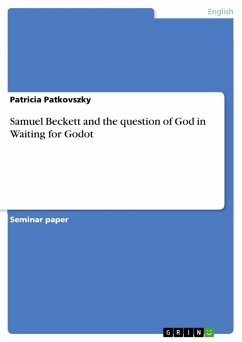Seminar paper from the year 2007 in the subject English Language and Literature Studies - Literature, grade: 14 Punkte, University of Marburg (Institut für Anglistik/Amerikanistik), course: HS British Drama: From the 1950ies to the present, language: English, abstract: In John Osborne's last play Déjà Vu (1991) the protagonist J.P., who appeared as young Jimmy in Look Back in Anger (1956) as the prototypical 'angry young man', seems to have changed. J.P. has a son and a daughter (who live with their mother, his third ex-wife), and 'enjoys' life in a 15-room-flat with his papers, pipe and his pal Cliff as a visitor every now and then. Having come to some wealth enables him to drink champagne, but he has nontheless not come to friendly terms with the world outside. As proposed by Peinert and various others, the animal imagery -i.e. the 'bear and squirrel' game- is a central key element to the understanding of Look Back in Anger as a whole and particularly with regard to the figures of Alison and Jimmy. How can this theory be applied to the figure of Teddy in Déjà Vu, where the tattered teddy bear seems to have risen from being a toy on a chest of drawers to a full member of the family with his own views and qualities. The aim of this paper is to have a close look at the figures of 'bear' and 'squirrel' in Look back in Anger and of 'Teddy' in Déjà Vu and to compare the 'bear' and 'Teddy'figures with regard to the following questions: How is the bear metaphor used in Look back in Anger and to what extent does it match Jimmy's being? What role does the teddy bear figure play in relation to the different protagonists in the two plays? And is there a development from bear to Teddy similar to the development from Jimmy to J.P. in the two plays?
Dieser Download kann aus rechtlichen Gründen nur mit Rechnungsadresse in A, B, BG, CY, CZ, D, DK, EW, E, FIN, F, GR, HR, H, IRL, I, LT, L, LR, M, NL, PL, P, R, S, SLO, SK ausgeliefert werden.

